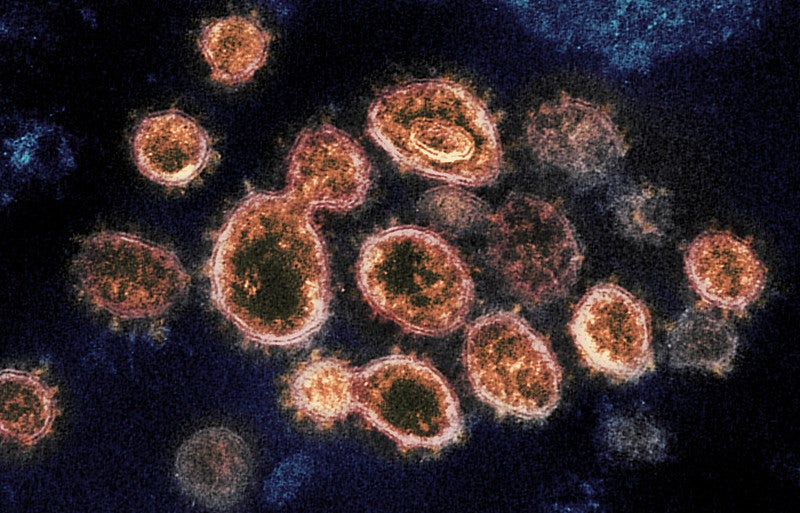
The University of Cambridge has received a £1.9m grant from the UK Government to conduct clinical trials of its Covid-19 vaccine candidate in the second half of this year or early this year.
This funding will support a partnership between Cambridge spin-out company DIOSynVax, the university, and the University Hospital Southampton NHS Foundation Trust.

Discover B2B Marketing That Performs
Combine business intelligence and editorial excellence to reach engaged professionals across 36 leading media platforms.
DIOSynVax agreed to provide an additional £400,000 for the trial, which will performed at the National Institute for Health Research (NIHR) Southampton Clinical Research Facility.
Named DIOS-CoVax2, the university’s vaccine candidate is based on genetic sequences of all known coronaviruses, including those from bats, which act as the natural hosts for various relatives of human coronaviruses.
The team created libraries of computer-generated antigen structures encoded by synthetic genes to train the human immune system to act on important regions of the virus and generate anti-viral responses.
These immune responses against the virus include neutralising antibodies to block virus infection, and T-cells to remove infected cells.

US Tariffs are shifting - will you react or anticipate?
Don’t let policy changes catch you off guard. Stay proactive with real-time data and expert analysis.
By GlobalDataThis computer-generated approach is expected to not cause the adverse hyper-inflammatory immune responses produced by recognising the wrong parts on the virus’ surface.
University of Cambridge Laboratory of Viral Zoonotics head Jonathan Heeney said: “Our approach involves 3D computer modelling of the SARS-CoV-2 virus’s structure. We’re looking for chinks in its armour, crucial pieces of the virus that we can use to construct the vaccine to direct the immune response in the right direction.
“Ultimately we aim to make a vaccine that will not only protect from SARS-CoV-2, but also other related coronaviruses that may spill over from animals to humans.”
The DIOSynVax vaccine uses DNA to deliver antigens. These synthetic gene inserts can be used with various vaccine delivery systems being used by other companies, said the university.
This DNA vector was found to be safe and effective at inducing an immune response against other pathogens in several Phase I and early Phase II trials.
DIOSynVax chief operating officer Dr Rebecca Kinsley said: “Our approach, using synthetic DNA to deliver custom designed, immune selected vaccine antigens, is revolutionary and is ideal for complex viruses such as coronavirus.
“If successful, it will result in a vaccine that should be safe for widespread use and that can be manufactured and distributed at low cost.”
In April this year, Imperial College London secured £22.5m from the UK Government to accelerate the development of a potential Covid-19 vaccine.





